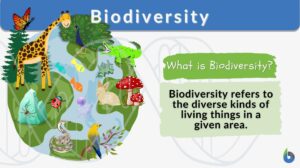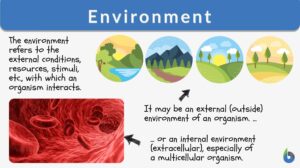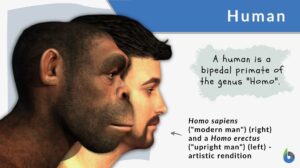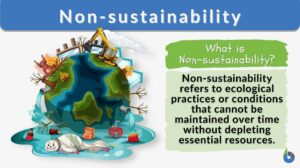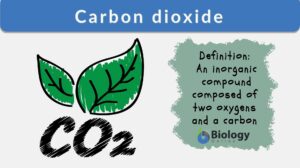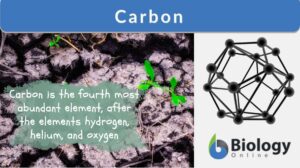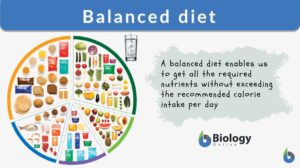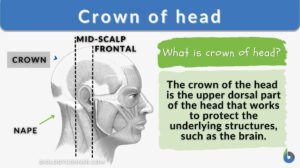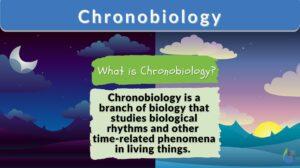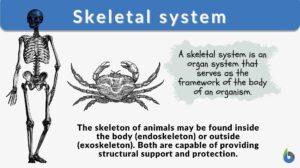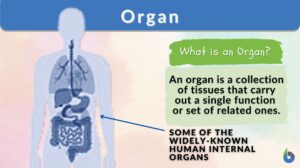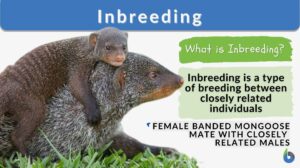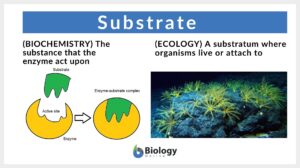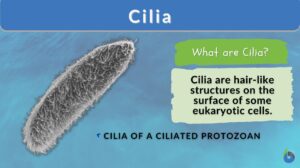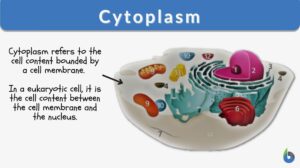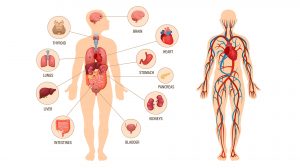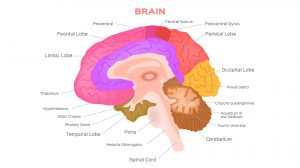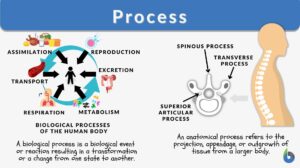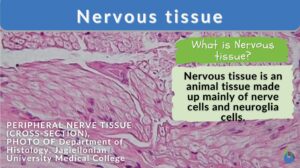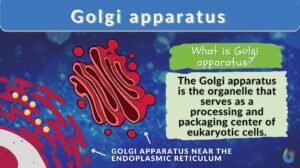Search Results for: human activities
Human activities
Human activities activities performed by... Read More
Biodiversity
The biological world or life on earth is a marvel that has amazed us since time immemorial. The rich natural diversity of... Read More
Environment
Environment Definition What does environment mean? If you mean physical environment, then it is defined as the surrounding... Read More
Ecosystem diversity
Ecosystem Diversity Definition What is ecosystem diversity? Ecosystem diversity deals with the study of different... Read More
Non-sustainability
Non-Sustainability Definition Non-sustainability is the state in which human consumption or activities exceed the ability... Read More
Carbon dioxide
Carbon Dioxide Definition noun, car·bon di·ox·ide, /daɪˈɒksaɪd/ (biochemistry) An inorganic compound, with the... Read More
Balanced diet
What is a balanced diet? What is the definition of a balanced diet? A nutritionally balanced diet fulfills all nutritional... Read More
Crown of head
Crown of Head Definition The crown of the head is the upper dorsal part (or area) of the head. Several creatures have... Read More
Chronobiology
Chronobiology Definition Chronobiology is a branch of biology that studies time-related phenomena (e.g., biological... Read More
Homeostasis
Homeostasis is the tendency not to stray from the range of favorable or ideal internal conditions. Such conditions must be... Read More
Skeletal system
What is the Skeletal System? How to define a skeleton? The skeletal system is the main framework that gives your body its... Read More
Metabolism
Metabolism Definition What is metabolism in the body? Metabolism encompasses the various biochemical processes, reactions,... Read More
Muscular system
Muscular System Definition What is the muscular system? The muscular system is a system that includes muscle cells and... Read More
Inbreeding
Inbreeding is a type of breeding or mating where closely related individuals with a common ancestor produce progenies with... Read More
Plasma membrane
Do all cells have a plasma (or cell) membrane? Yes, all cells have a biological membrane that separates the protoplasm from... Read More
The Human Physiology
Physiology is the study of how living organisms function. Thus, human physiology deals specifically with the physiological... Read More
Human Neurology
Human Neurology deals essentially with the nervous system of humans. It also features the various theories put forward by... Read More
Exotic species
Exotic Species Definition What is an exotic species? In biology, an exotic species refers to a plant species or an animal... Read More
Hypertonic
Hypertonic Definition Hypertonic is a term used to describe an entity being in the state of hypertonicity, where there is a... Read More
Nervous tissue
Nervous Tissue Definition Nerve cells (or neurons) and their associated cells, such as neuroglia cells, make up nervous... Read More
Adipose tissue
Adipose Tissue Definition Adipose tissue, a specialized variety of connective tissue, is composed of lipid-rich cells known... Read More
Golgi apparatus
Golgi Apparatus Definition The Golgi apparatus is a membrane-bound organelle in eukaryotic cells. It plays a crucial role... Read More
Cellular respiration
Cellular Respiration Definition What is cellular respiration in simple terms? Cellular respiration can be defined simply as... Read More

